LITCHFIELD — If Lindsay Costigan knew a year ago what was in store for her, she might have made entirely different decisions about opening Lintonia Bar & Grill seven weeks before the global coronavirus pandemic was declared.
Devan Lamar had sold his food truck business to be able to open a restaurant in 2020, and he opened Two Maine Guys in Richmond on April 15, about a month into the pandemic.
Six months later, Paola Buentello celebrated the grand opening of El Oso Taqueria & Gift Shop in Gardiner with a ribbon cutting after reimaging her gift shop to include a take-out taco restaurant.
Even as established restaurants in the region have closed since March 2020, the three central Maine restaurant owners followed very different paths to their openings in 2020, but they now find themselves in the same place: Navigating uncertain and changing conditions imposed by a public health response to an infectious viral disease that few people had heard of a year ago.
Costigan, 39, was on boat ride with friends on Sand Pond when she first saw the vacant restaurant for sale. After years in the Moosehead Lake region, she had returned to central Maine, where she grew up.
“The location was beautiful,” she said recently. “After my divorce, I was looking for a new career path or to get established on my career path, and everything just fell into place.”
The months that followed the pandemic declaration were scary, said Costigan, who has worked in the industry as a bartender, manager, waitress and owner for all her working life.
Even as she was working to draw customers to a new business, she was also trying to follow the changing public health standards that imposed a ban and then limits on indoor seating and forced early closing times.

Lindsay Costigan takes an order Sunday at her restaurant, Lintonia Bar & Grill, in Litchfield. Andy Molloy/Kennebec Journal Buy this Photo
“I was completely blown away how awesome the community was,” she said. “I had people I never even met before that have camps on Sand Pond calling and buying gift cards over the phone — very supportive people that wanted to see my restaurant succeed.”
When Lamar, 32, opened his restaurant, he already had a following across Maine among people he had served through his food trucks in Fairfield and Augusta and at weddings, fairs and different venues statewide.
“We were kind of forced into it,” he said. “It was a really bad time, but, luckily, people supported us.”
And while the restaurant has indoor space, he was able to offer take-out meals for those unwilling to eat inside a restaurant.
Buentello, 40, said once she decided to move her gift shop from Hallowell and to add on the restaurant, she and her family intentionally planned to open El Oso slowly — only several days a week and mostly for take-out orders, although the restaurant has tables.
The goal was to make sure they understood how it all worked before they hired staff and added to their current Thursday-through-Sunday schedule.
“Food is something very simple that makes people happy, I think,” Buentello said. “And it makes our whole family happy to make something that in these hard times makes people feel good, because it’s the only thing we can do.”

Owner Devan Lamar poses Friday at Two Maine Guys in Richmond. Joe Phelan/Kennebec Journal Buy this Photo
Despite the early successes of these businesses, it is clear the restaurant industry has taken a hit in Maine and across the nation.
In 2020 and so far in 2021, many restaurants have closed permanently, including Pastaz in Gardiner and Rebecca’s Place in Augusta. Others have closed for the winter, as their owners consider their options.
In February 2020, total sales in U.S. eating and drinking places was about $65.4 billion, as measured by the National Restaurant Association. Eating and drinking places make up the largest share of the food service industry, and before the coronavirus pandemic was declared, they accounted for about 75% of sales.
Two months later, sales had fallen to less than half that, at about $30 billion. While sales increased in the months that followed, spending in restaurants and bars did not entirely rebound. After reaching a post-pandemic peak of $55.7 billion in September, sales dropped off through the rest of the year, coming in at $51.2 billion in December.
In Maine, one measure of the industry is restaurant business licenses administered by the state’s Division of Environmental and Community Health, under the Department of Health and Human Services.
Between Aug. 1 and Jan. 27, 325 licenses did not operate and were put on hold at the request of the license holder. Robert Long, communications director for the Maine Center for Disease Control & Prevention said if license holders notify the department they intend to operate this year, the licenses will be valid for another year.

Lindsay Costigan pours drinks Sunday at her restaurant, Lintonia Bar& Grill in Litchfield. Andy Molloy/Kennebec Journal Buy this Photo
Long said via email that 185 licenses have expired. At the same time, 142 applications for new licenses and 201 change of ownership applications have been filed, he said.
Steve Hewins, president and chief executive officer of Hospitality Maine, said there was no data — other than the licenses — that can indicate the closure rate in the state.
“My perception of this is that there are a lot of people who are basically hibernating for the winter, and primarily they are able to do this because they were able to secure grants, much of which our fingerprints were all over,” Hewins said.
He added that at the end of year, the Hospitality, Tourism and Retail Program, administered by the Department of Community and Economic Development, was able to provide financial assistance to businesses in the sector by cobbling together $53 million in unspent federal funds in state government and distribute that money based on sales tax results year over year. That program was in addition to $200 million in assistance handed out earlier in the year.
But for these three restaurants and others that opened in 2020, that kind of help was not available.
Costigan said she did not qualify for financial help because her business was new. One of the criteria used to determine eligibility was how sales compared year over year.
“One thing that’s been frustrating for me is that restaurants pay sales taxes monthly,” she said, “and we’re in times where we have to be at half capacity. We’re figuring stuff out, and there has not been one break.”

Paola Buentello sits Friday at her family’s restaurant, El Oso Taqueria & Gift Shop, on Water Street in downtown Gardiner. She painted the tree mural and the two portraits behind her. Joe Phelan/Kennebec Journal Buy this Photo
At the same time, they all have been working through higher costs imposed by the pandemic: Providing protective equipment for their staff, additional cleaning and installing physical barriers between tables to prevent possible spread of COVID-19.
They have also been spending more on food.
When Lamar first opened, he found he was not always able to get what he wanted from his distributors because of supply chain interruptions. And if he could get what he needed, some costs had skyrocketed.
“Eggs quadrupled in price,” he said. “At one point, I could buy eggs at $15 for five dozen, and the price got all the way up to $55. And pork went from $1 a pound to $3 a pound.”
With the rate of new infections dropping and vaccines being administered in greater numbers, everyone is looking for the shift in conditions that will usher back a more-normal economy.
“I hesitate to refer to this as the ‘bottom’ of the pandemic, but it’s close,” Hewins said. “We don’t know when we’re going to reopen right now.”

Owner Devan Lamar, right, hands a takeout order Friday to a lunchtime customer at Two Maine Guys in Richmond. Joe Phelan/Kennebec Journal Buy this Photo
While Gov. Janet Mills recently lifted the 9 p.m. curfew on restaurants and bars, other public health restrictions have imposed limits on the number of people allowed to gather in those restaurants and bars, and some limits remain in place for out-of-state visitors coming to Maine.
“We’re going to bounce back,” he said. “We know we are. There’s pent-up demand — in state, out of state, everywhere — for getting back into a social environment where you can go out to eat and be outdoors or indoors.”
Maine is a state that has bounced back after other large-scale disasters, including the terrorist attacks of 9/11 and the Great Recession of more than a decade ago, he said. Until this year, Maine had 11 years of record growth — beginning in 2009 — thanks to being an accessible destination with a good reputation.
“Those new businesses are probably going to be in a strong position,” he said, “because they have been able to stay open during the pandemic, and people are aware of that. They have built their brand in a very difficult time and will probably benefit from that.”
With about a month to go until the first anniversary of the pandemic’s beginning, all three restaurant owners said they are looking ahead.
Buentello has always had her eye on the future, regardless of the pandemic.

Lindsay Costigan, left, serves meals Sunday to customers with waitress Taylor Dawson at Costigan’s restaurant, Lintonia Bar & Grill in Litchfield. Andy Molloy/Kennebec Journal Buy this Photo
“Maine is going through a big change that’s attracting a lot of people from everywhere,” she said. “It’s a dynamic state that is enabling a lot of people to carry on their dreams as long as they are authentic, as long as they are made with art, with love.”
Costigan said thinking creatively is important to resilience. She recently built a fire pit in front of her restaurant to give customers a place to be outside — with a cocktail — as they wait for their table.
“What I have learned through this is that community support (from customers and vendors) is huge,” she said. “You really need to help each other out.”
Lamar now has five employees, and he is planning to add five more by May. With warmer weather, he said he expects an influx of customers. He is also looking into getting a food trailer to set up on the mall in Brunswick.
“I don’t know if it will happen or not,” he said, “but we’re working on it.”
Send questions/comments to the editors.

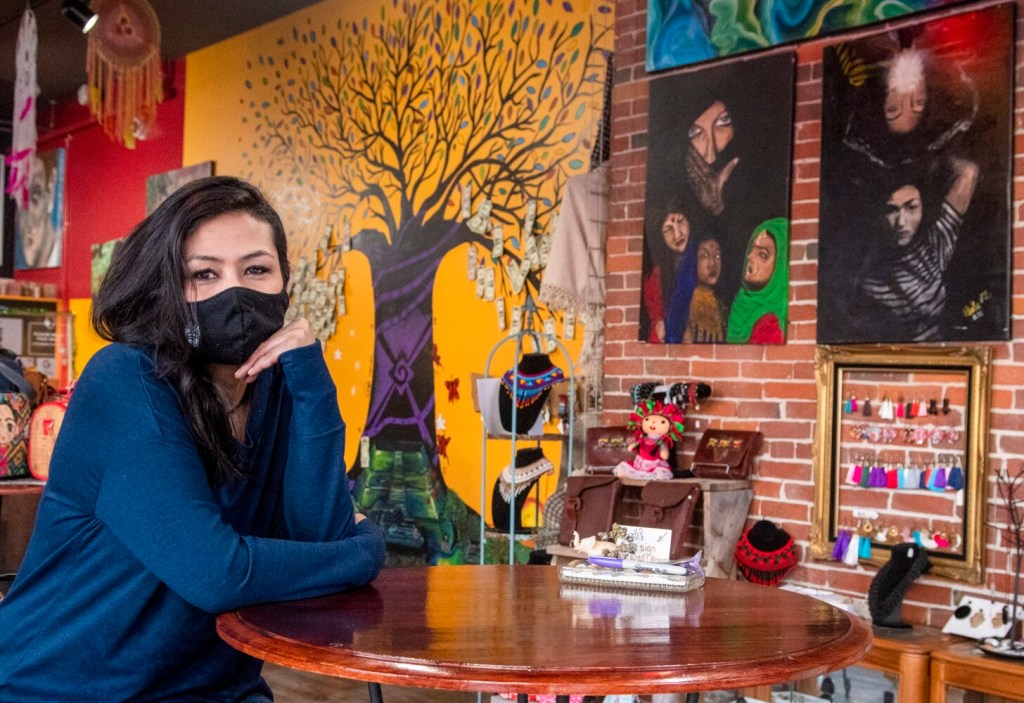
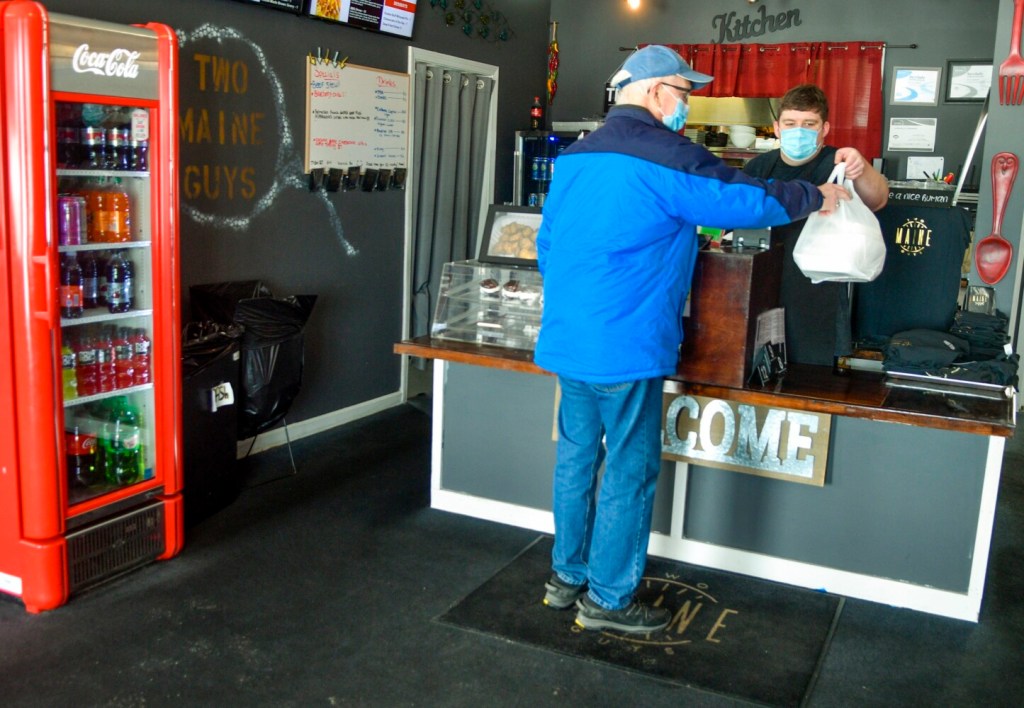
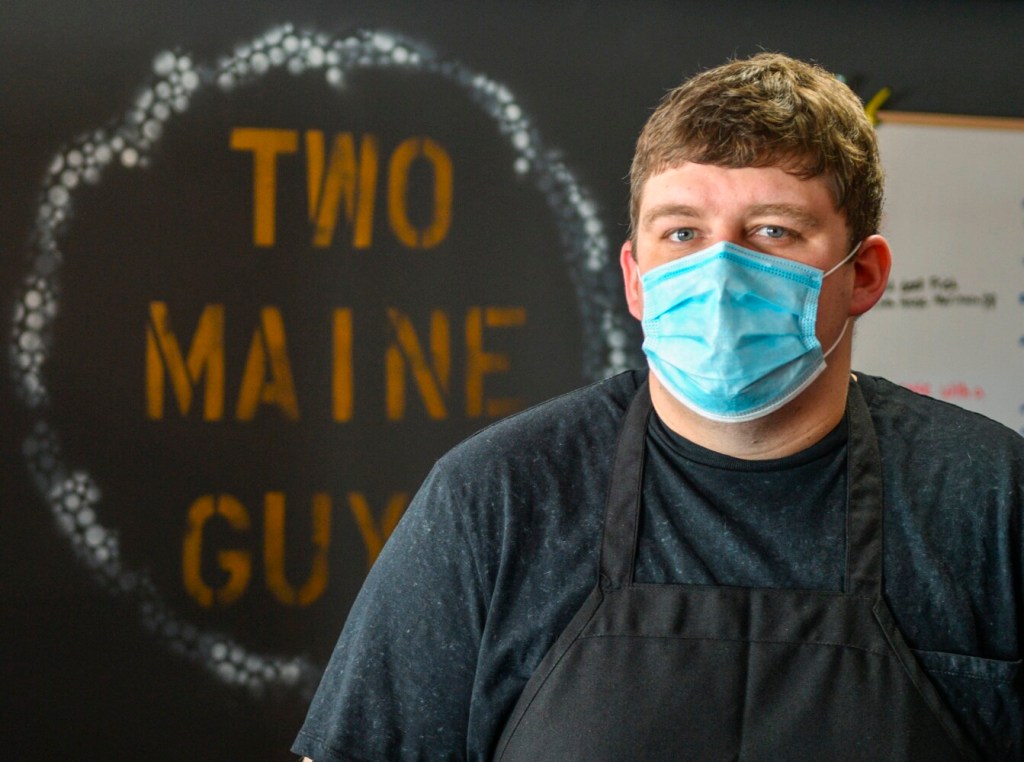
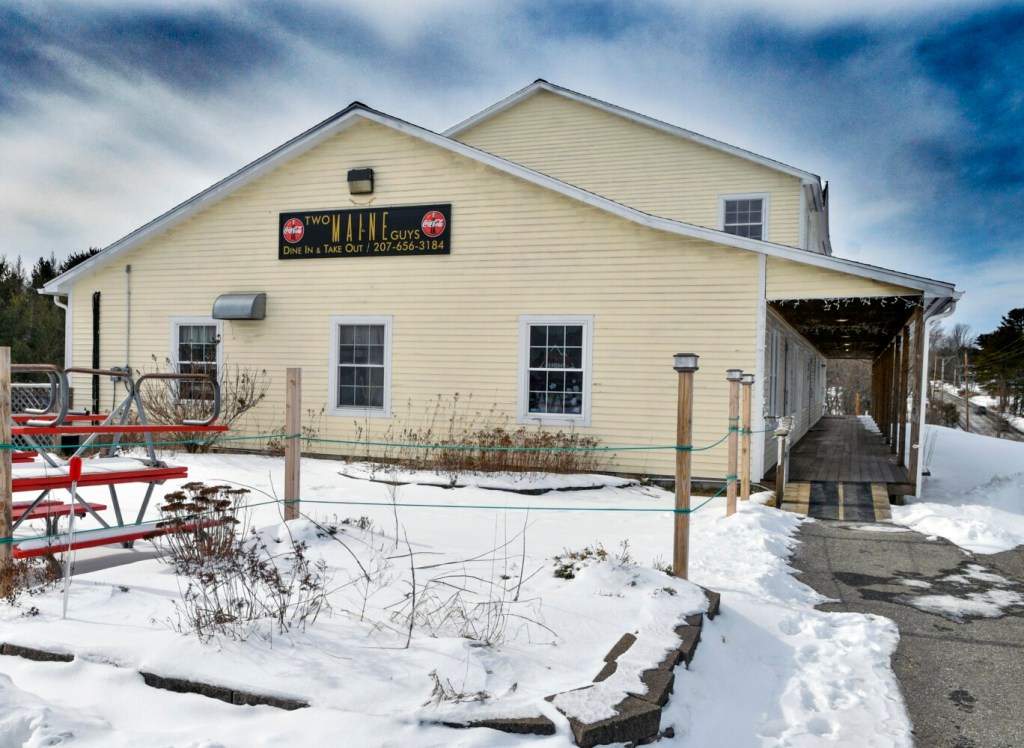
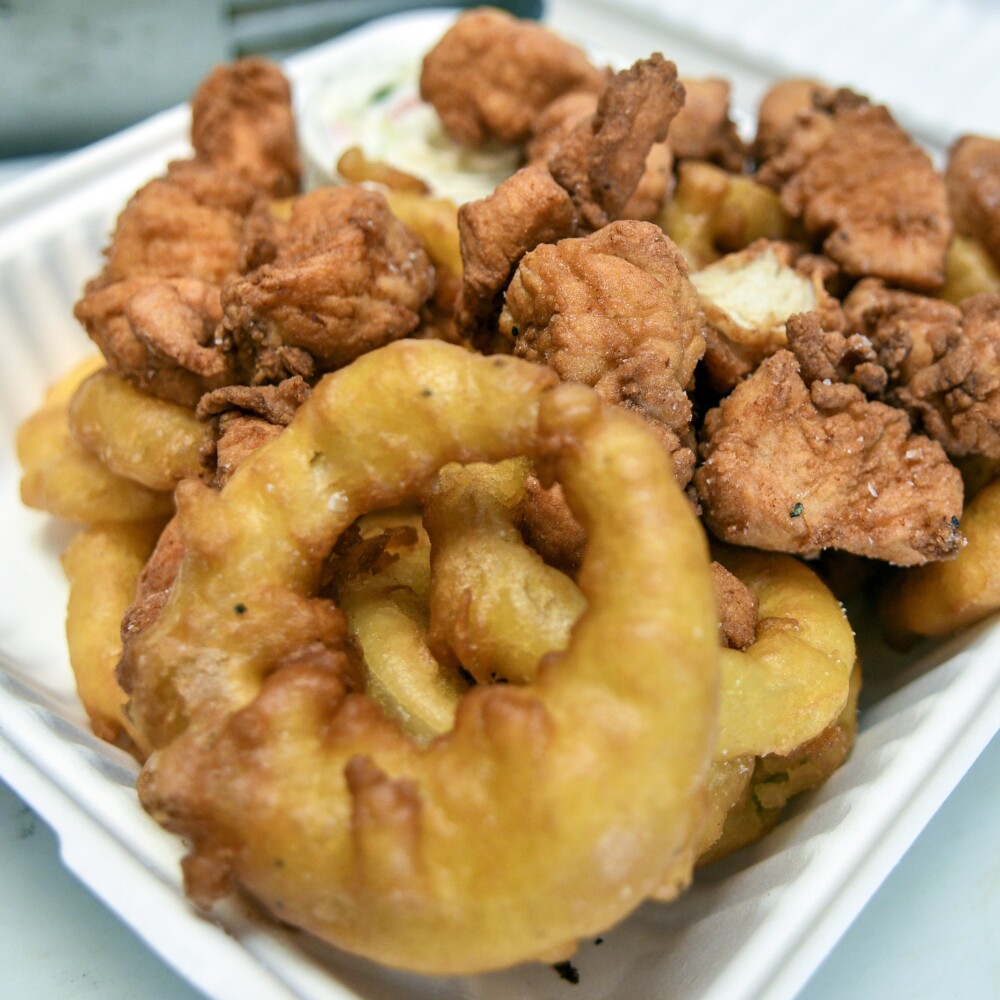
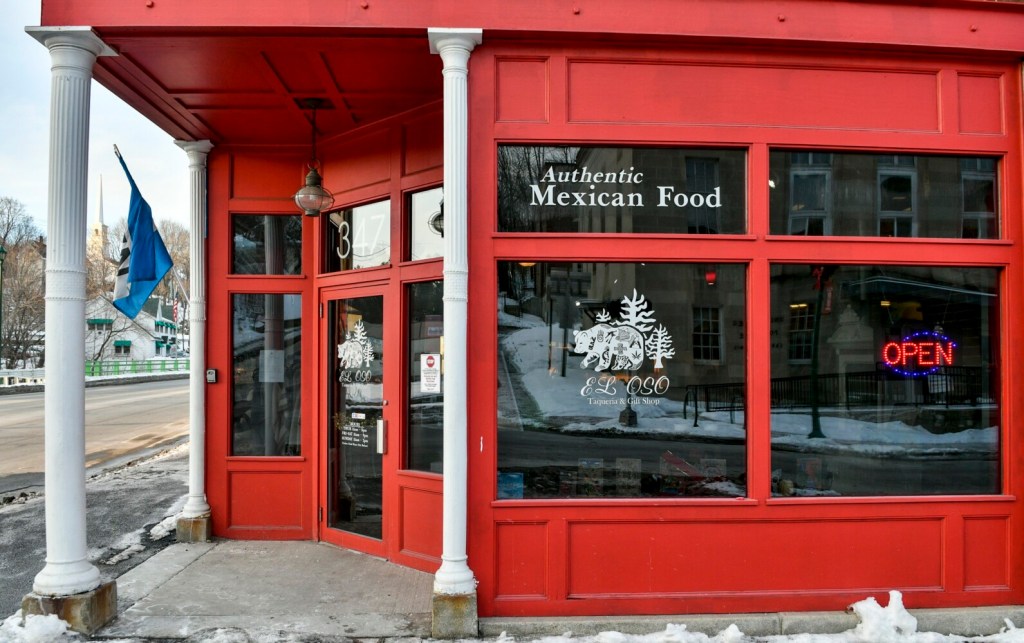
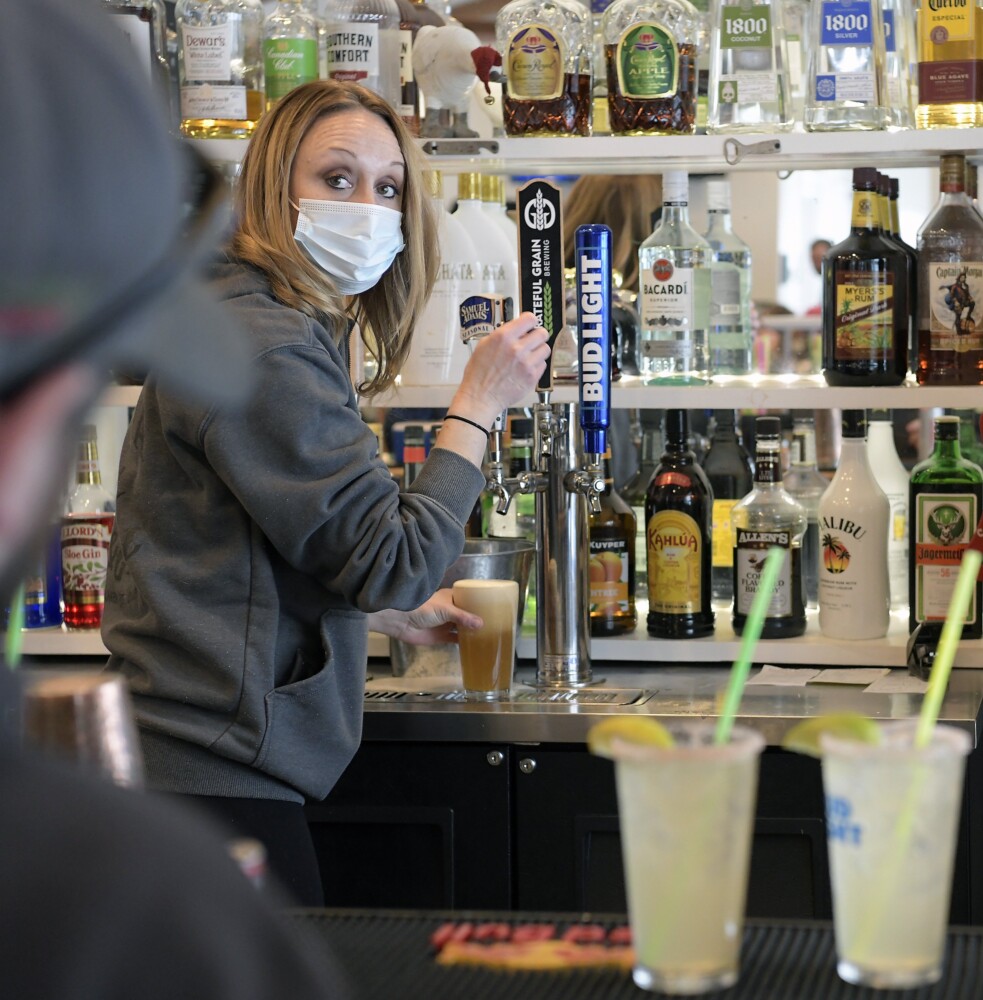
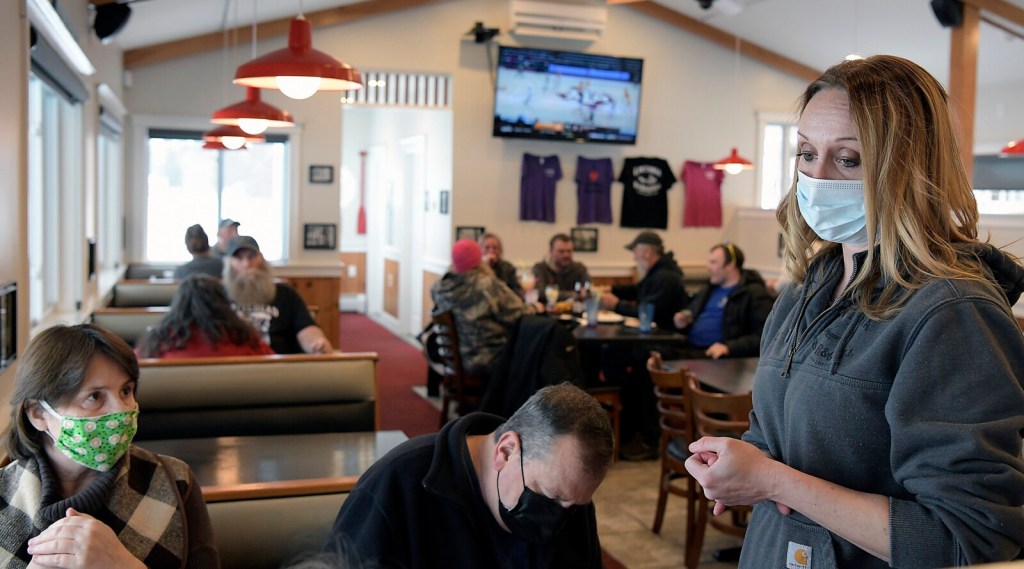
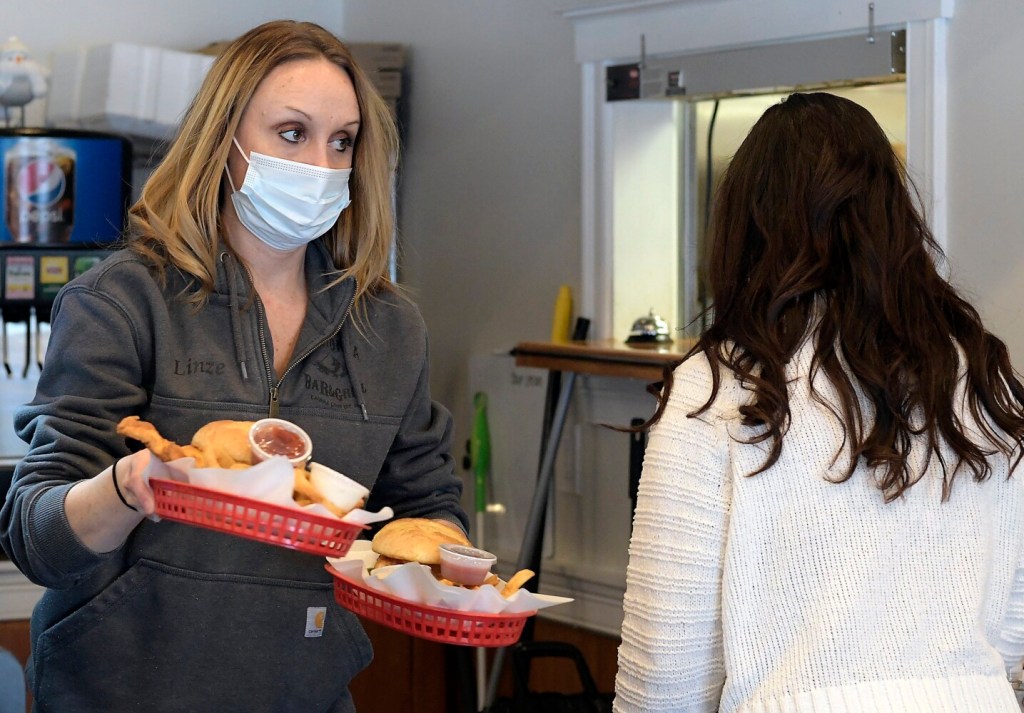
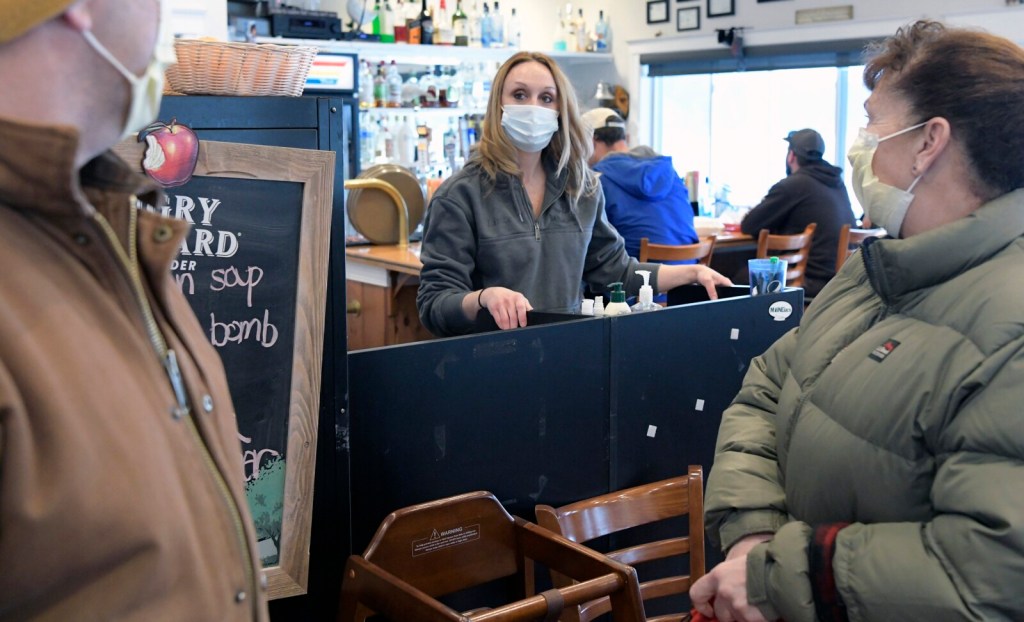

Success. Please wait for the page to reload. If the page does not reload within 5 seconds, please refresh the page.
Enter your email and password to access comments.
Hi, to comment on stories you must . This profile is in addition to your subscription and website login.
Already have a commenting profile? .
Invalid username/password.
Please check your email to confirm and complete your registration.
Only subscribers are eligible to post comments. Please subscribe or login first for digital access. Here’s why.
Use the form below to reset your password. When you've submitted your account email, we will send an email with a reset code.